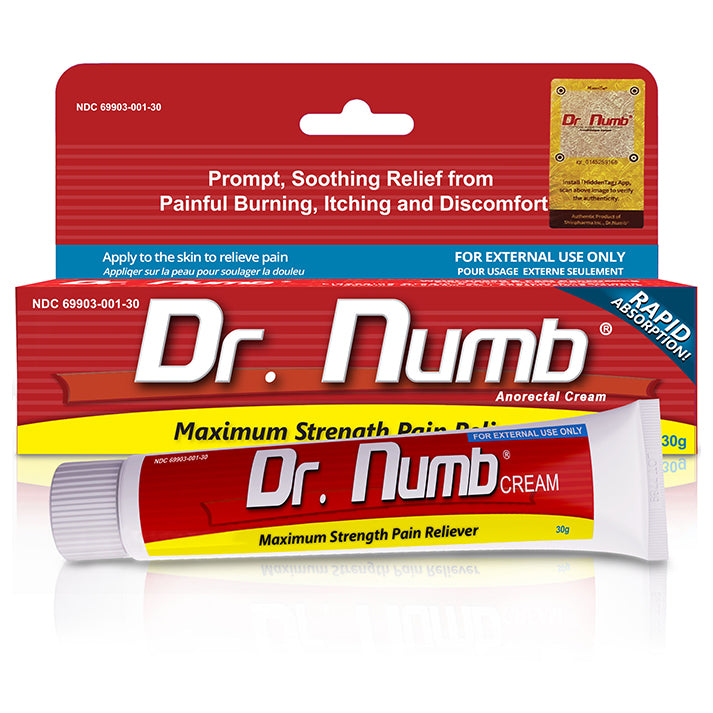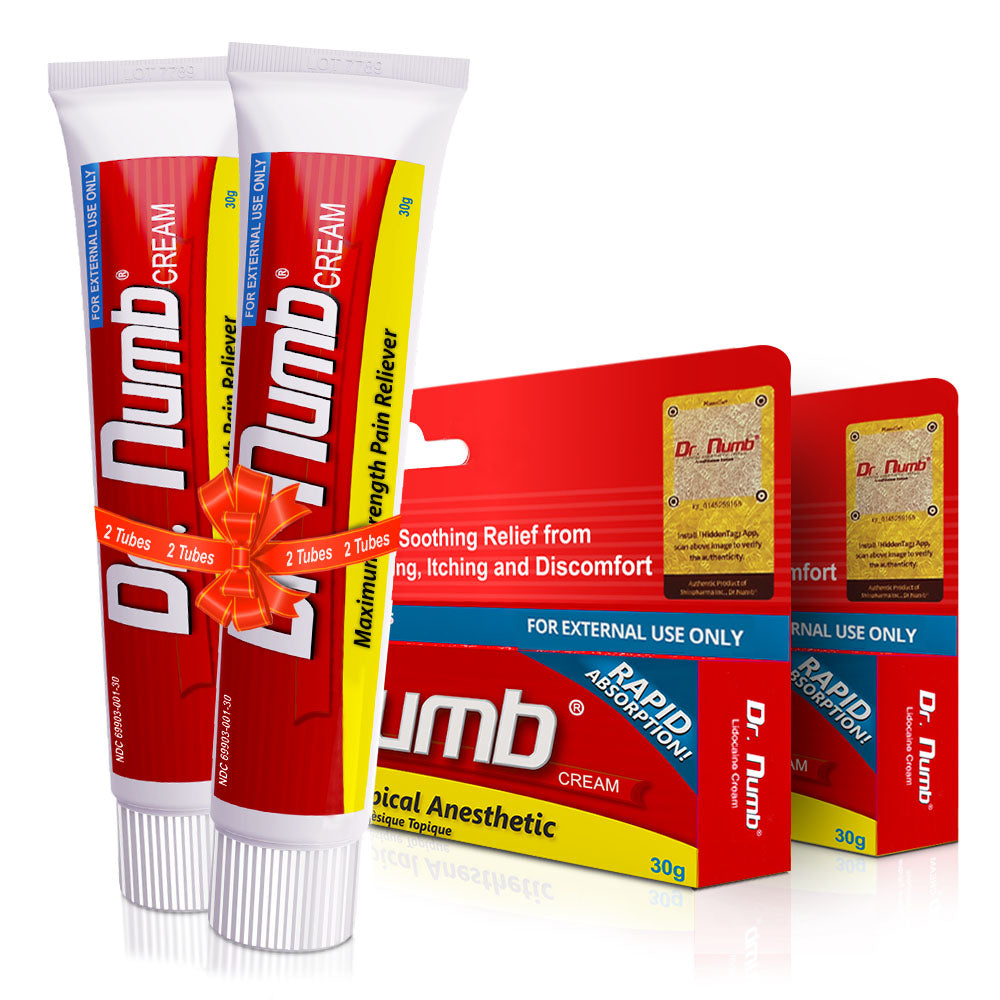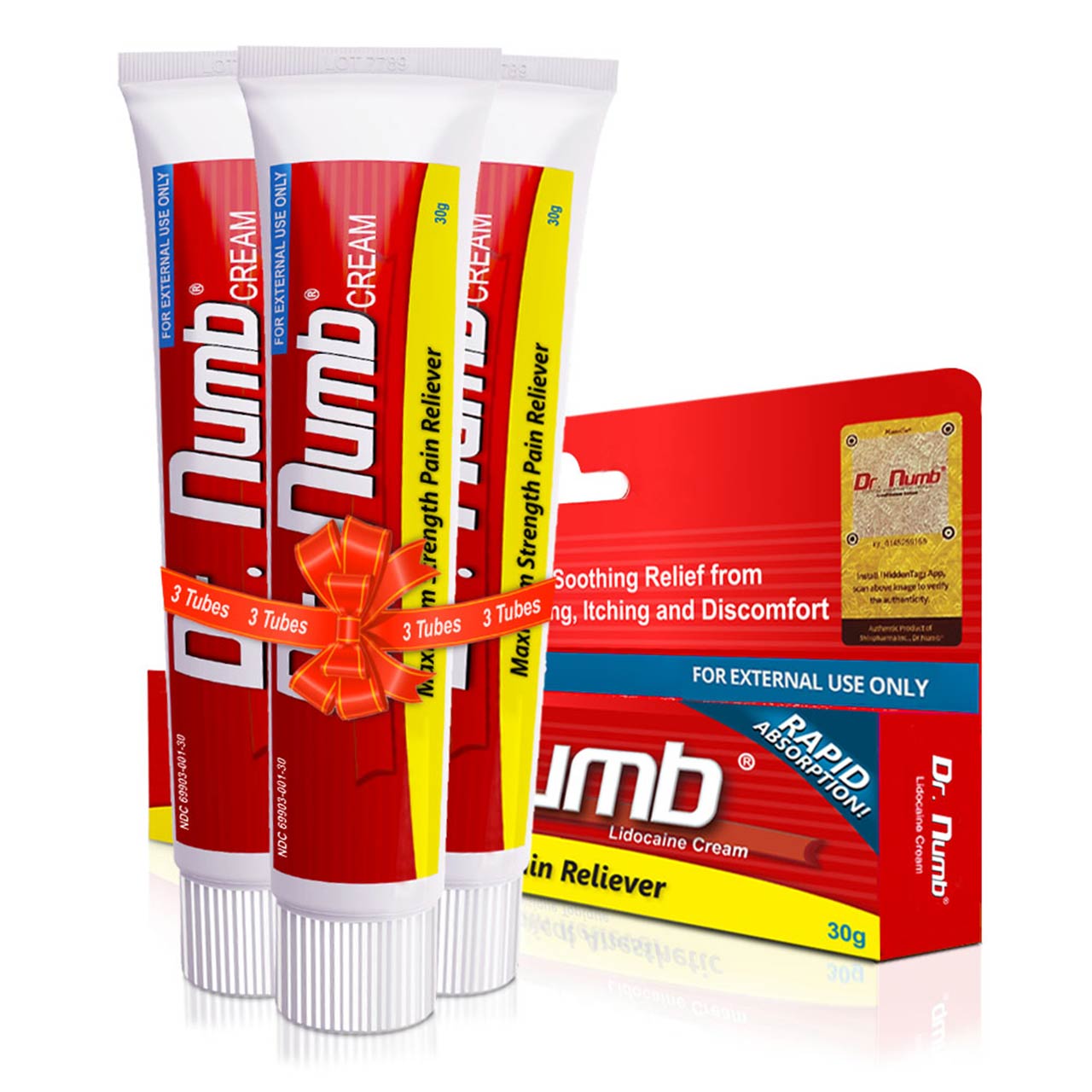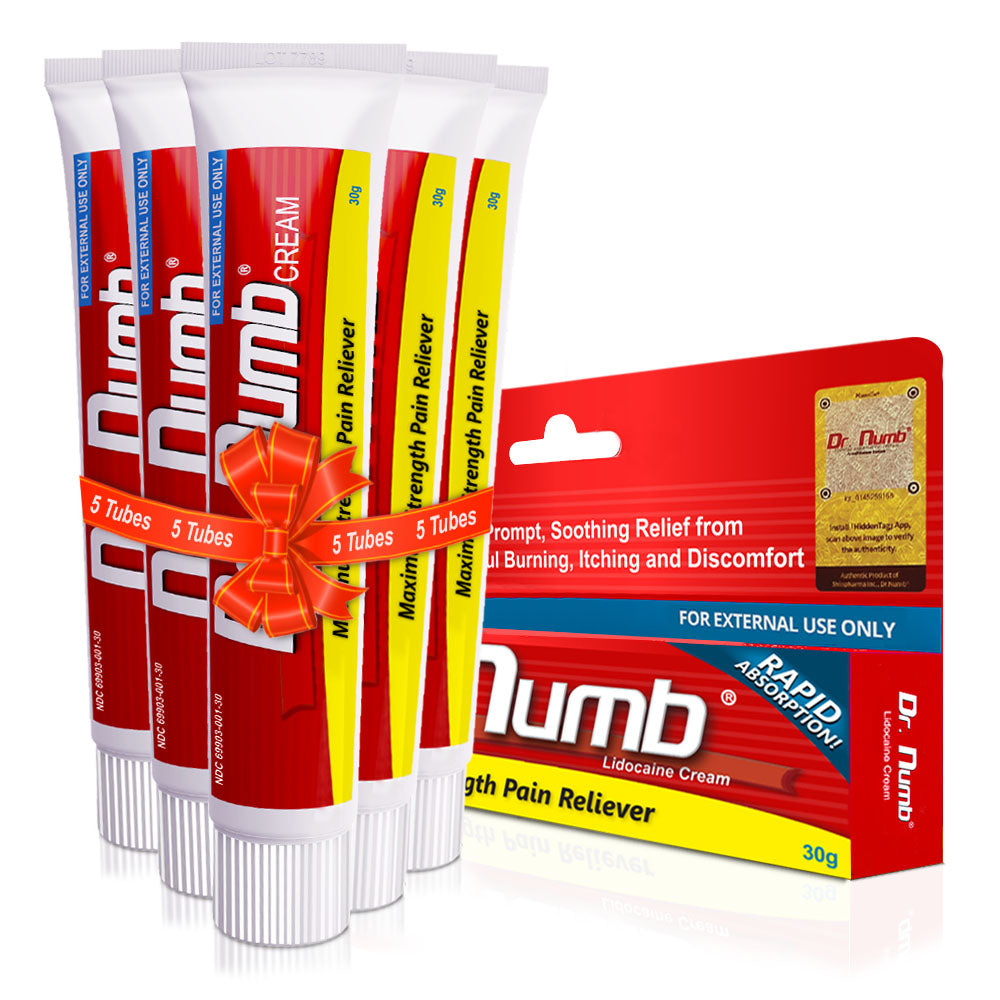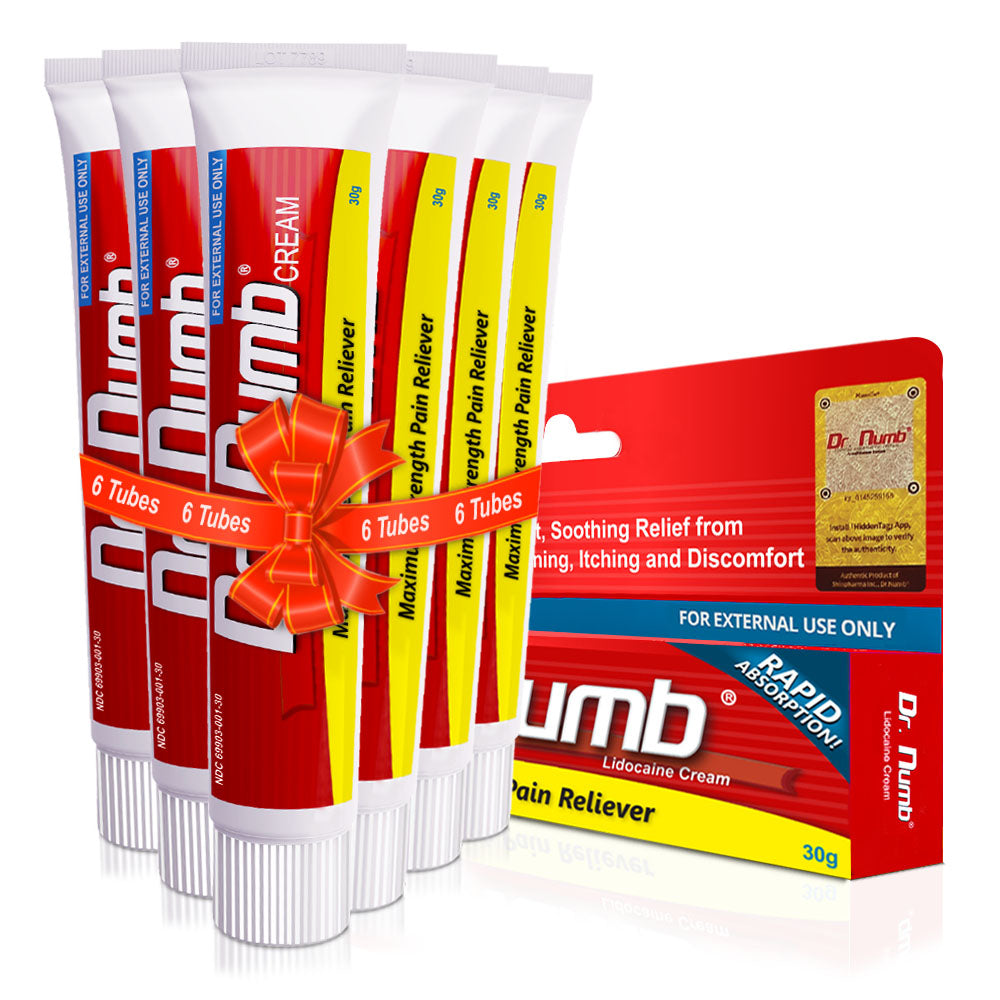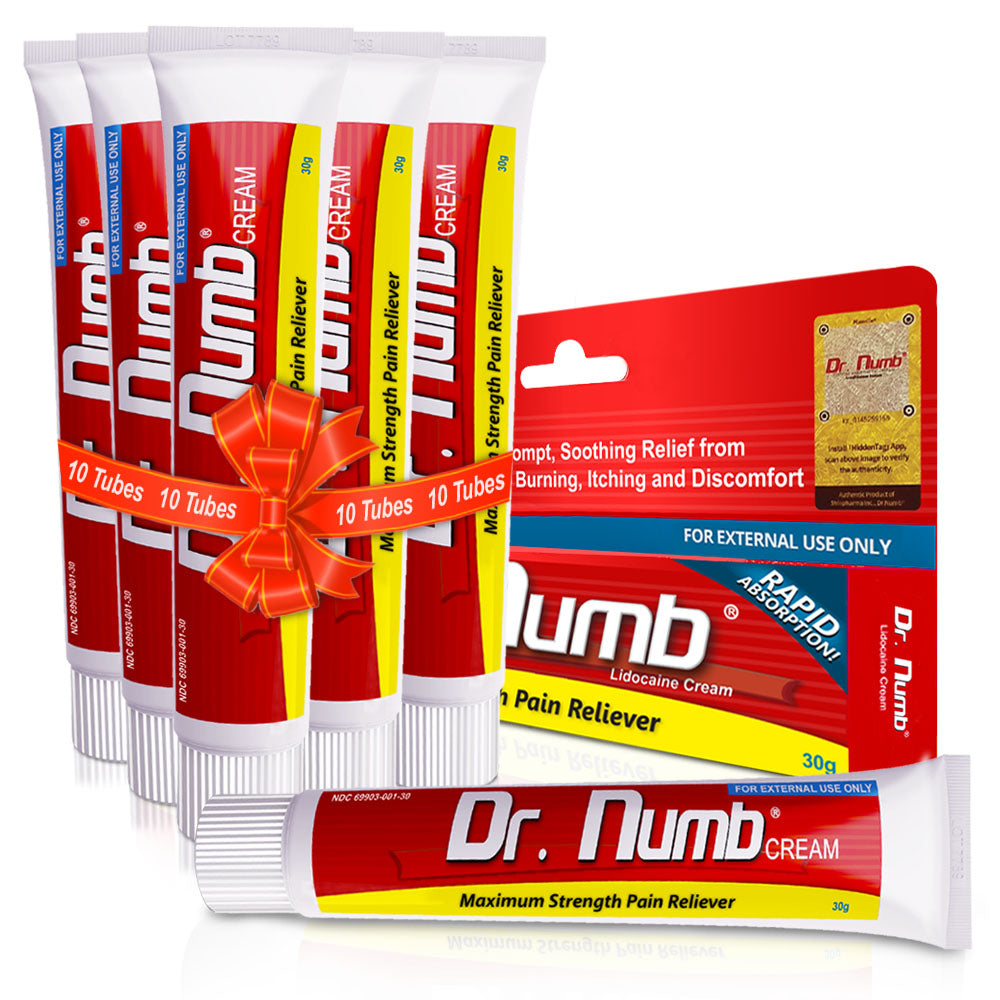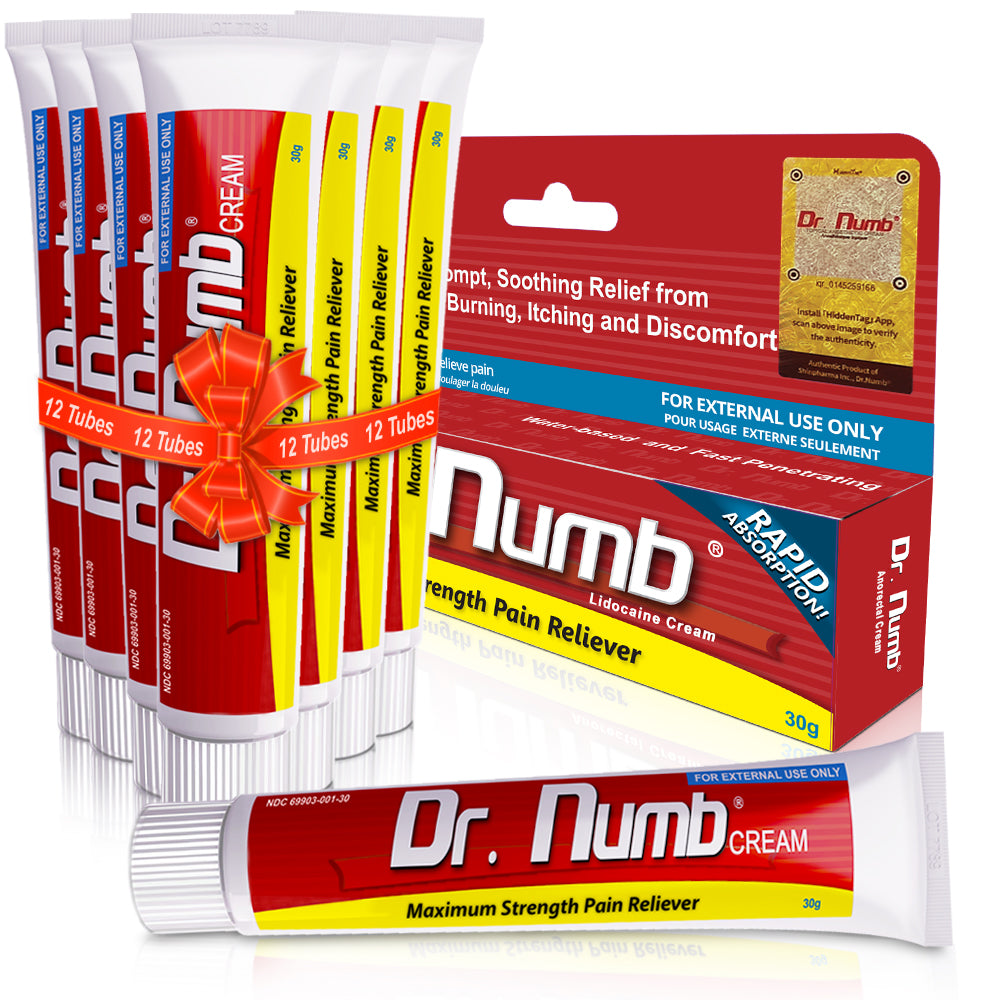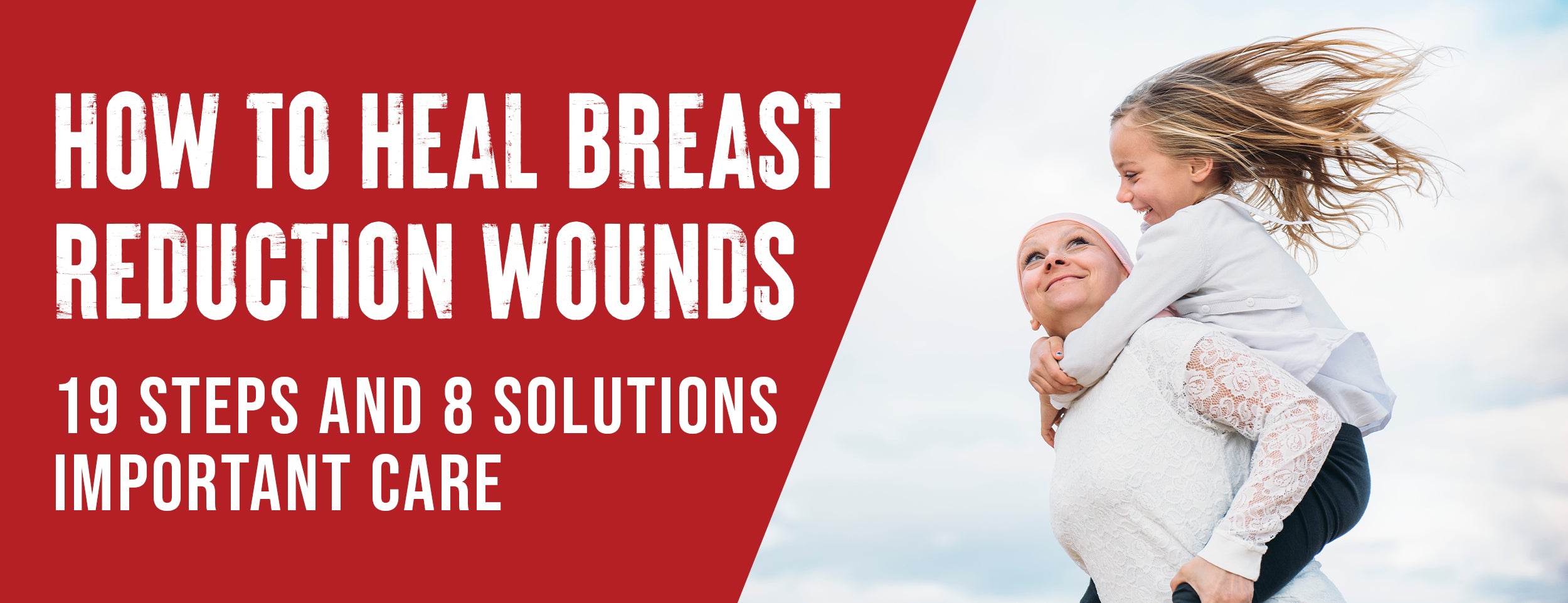Wounds typically heal in 4 to 6 weeks. Chronic wounds are those that do not heal within this timeframe. Several factors can impede healing, including hypoxia, bacterial colonization, ischemia, reperfusion injury, altered cellular response, and collagen synthesis defects.
The findings suggest that fasting can accelerate wound healing, whether done before or after a wound injury. The recovery of wounds is likely to be improved if fasting is done before wounding rather than after wounding.
We will explore the mechanisms behind the potential benefits of fasting and the possible risks and drawbacks of this practice.
Do Wounds Heal Faster When Fasting: Mechanisms

Research has shown that fasting can enhance the body's ability to heal wounds, and with this post, we will dive into the mechanisms that make this possible.
Mechanisms of Fasting and Wound Healing
Fasting is a state of metabolic adaptation where the body shifts from glucose-based to ketone-based metabolism. This metabolic shift triggers cellular and molecular processes that promote tissue repair, regeneration, and autophagy. Below are some of the mechanisms of fasting that lead to improved wound healing:
- Stem Cell Production: Fasting increases the production of cells that can differentiate into different types, including those needed for wound healing.
- Protein Synthesis: During fasting, the body ramps up protein synthesis, essential for building new tissues and repairing damaged ones.
- Mitophagy: Mitophagy is the process by which the body recycles dysfunctional mitochondria. This process is critical for cellular health and energy production, both essential for wound healing.
Human and Animal Studies
Numerous animal and human studies have shown a link between fasting and improved wound healing. In animal studies, fasting has been found to promote the regeneration of liver, skin, and nerve cells, which are critical for wound healing.
In human studies, fasting has been shown to improve wound closure and tissue strength. For example, a study published in the Journal of Plastic, Reconstructive & Aesthetic Surgery found that patients who fasted for two days before surgery had more minor wounds and better tissue regeneration than those who did not fast.
Comparing Fasting to Other Interventions
While fasting has been shown to have many benefits for wound healing, it is not the only intervention that can promote healing. Here are some similarities and differences between fasting and other interventions:
- Exercise: Like fasting, exercise increases stem cell production and protein synthesis, both essential for wound healing. Exercise also increases inflammation, which can sometimes hinder wound healing.
- Sleep: Sleep is critical for wound healing, as it is during sleep that growth hormone is made, which helps repair tissues. Unlike fasting, sleep does not trigger metabolic changes that promote wound healing.
- Nutrition: Proper nutrition is essential for wound healing, providing the building blocks necessary for tissue repair. Unlike fasting, food does not induce wound-healing metabolism.
Healing Wounds While Fasting: Effects
Recent research studies have shown that fasting can profoundly impact the immune system, crucial in wound healing. We will delve deeper into how fasting affects wound healing and explore the research evidence supporting this claim.
Fasting and the Immune System
The immune system fights infections and repairs damaged tissues. When the body is injured, the immune system is activated to eliminate damaged cells and foreign debris and initiate tissue repair. This process involves a complex interplay of immune cells, growth factors, and cytokines.
Fasting has been shown to modulate the immune response in several ways. Firstly, it reduces the production of pro-inflammatory cytokines, which are molecules that promote inflammation and tissue damage.
Secondly, it enhances the production of anti-inflammatory cytokines, which help heal tissue. This shift in the cytokine balance reduces inflammation, which is essential for proper wound healing.

Fasting and Wound Healing
Various wound healing outcomes are affected by fasting. For example, a study on diabetic rats with skin wounds demonstrated that fasting for 3 days improved wound healing by reducing wound size and exudate production while increasing collagen synthesis and angiogenesis.
Another study performed on surgical patients found that those who fasted for 72 hours before surgery had a reduction in postoperative complications, such as wound infections and delayed wound healing.
Fasting promotes the healing of skin burns by reducing oxidative stress and increasing levels of growth factors. During fasting, the body switches to increased autophagy, breaking down cellular debris to produce energy.
This process reduces the accumulation of damaged proteins and organelles, which can damage nearby cells and tissues and impair wound healing.
Analyzing the Evidence
The evidence presented in this section supports the thesis statement that fasting can promote wound healing as it reduces inflammation, oxidative stress, and fibrosis while promoting angiogenesis and collagen synthesis.
Several research studies demonstrate the potential clinical applications of fasting for wound healing, suggesting that it can replace conventional treatments.
Fasting Heals Wounds Faster: Benefits and Risks

While some evidence suggests that it may have beneficial effects, it is essential to consider the potential benefits and risks of fasting before trying it for wound healing.
Potential Benefits
Enhanced Immune System Function: Fasting activates the body's natural healing mechanisms, which includes the immune system. The increased activity of immune cells helps to combat infections and accelerate the healing process.
Increased Production of Growth Hormones: During fasting, the body produces more growth hormones that stimulate tissue growth and promotes wound healing.
Improved Insulin Sensitivity: Fasting leads to increased insulin sensitivity, which helps the body regulate glucose levels more efficiently. It can reduce infection risk and promote faster wound healing. Promote speedier wound healing.
Enhanced Autophagy: During fasting, cells undergo autophagy, a natural process in which damaged cells and tissues are broken down and recycled. This process helps remove damaged tissue and stimulate healthy tissue growth.
Possible Risks
Muscle Wasting: Prolonged fasting can lead to muscle wasting, impairing overall health and hindering healing.
Electrolyte Imbalances: Fasting can lead to imbalances in electrolytes such as sodium, potassium, and magnesium. These imbalances can cause weakness, cramps, and other health issues.
Delayed Wound Closure: Fasting can lead to delayed wound closure, prolonging the healing process and increasing the risk of infection.
Impaired Immune Function: While fasting can enhance immune function, it can also put stress on the body and impair immune function if not done correctly.

Balancing Benefits and Risks of Fasting
It's essential to balance the benefits and risks and choose the proper fasting regimen to achieve the best results from fasting for wound healing. Some criteria to consider when selecting an appropriate fasting regimen include:
- Duration: Short intermittent fasting periods are generally safer and more effective for wound healing than prolonged fasting.
- Frequency: Regular intermittent fasting, such as once or twice a week, can provide sustained benefits without the risks associated with prolonged fasting.
- Type: Different fasting methods, such as water or intermittent fasting, can have different benefits and risks based on your needs and health status.
- Supervision: Fasting should always be done by a healthcare professional to minimize risks and ensure safety, particularly for those with chronic medical conditions or previously experienced difficulty managing their glucose or electrolyte levels.
Conclusion
According to several lines of evidence from animal and human studies, wounds may heal faster and better when fasting. Fasting enhances tissue repair and regeneration, reduces inflammation and oxidative stress, and optimizes metabolic processes involved in wound healing.
Fasting also has potential risks and limitations, such as muscle wasting, electrolyte imbalances, and delayed wound closure, which should be considered and addressed in clinical practice.
Therefore, fasting should not be taken as a one-size-fits-all solution for wound healing but rather as a complementary or alternative therapy that can be combined with other interventions and monitored by healthcare professionals.
Nonetheless, the growing body of research on fasting and wound healing points to the fascinating possibility of harnessing the body's natural healing potential for promoting health and wellness. Fasting may become a routine intervention for faster and better wound healing, alongside nutrition, exercise, and other strategies that support the fantastic human body.



